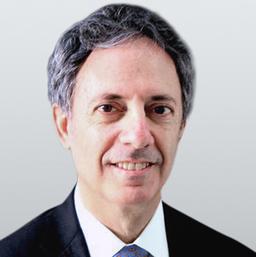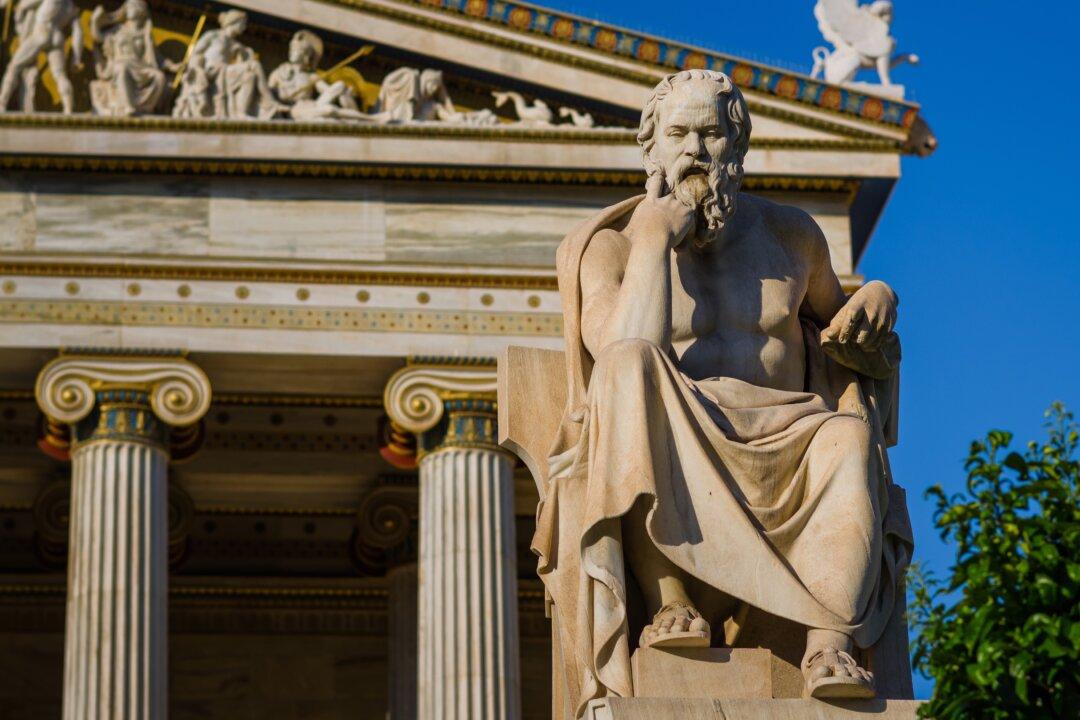Commentary
In January, Harry Lewis published a Harvard Crimson column that squarely laid the blame on Harvard for the crisis that has engulfed the great university. Fifty years of experience on the banks of the Charles River inform Mr. Lewis’s severe judgment: He is a longtime Harvard computer science professor, a 1968 Harvard College graduate, and, from 1995 to 2003, he served as dean of Harvard College. Nevertheless, while illuminating Harvard’s damaging politicization over the past 20 years of its undergraduate curriculum—and despite his half-century at Harvard—Mr. Lewis overlooked the full extent of the crisis.





